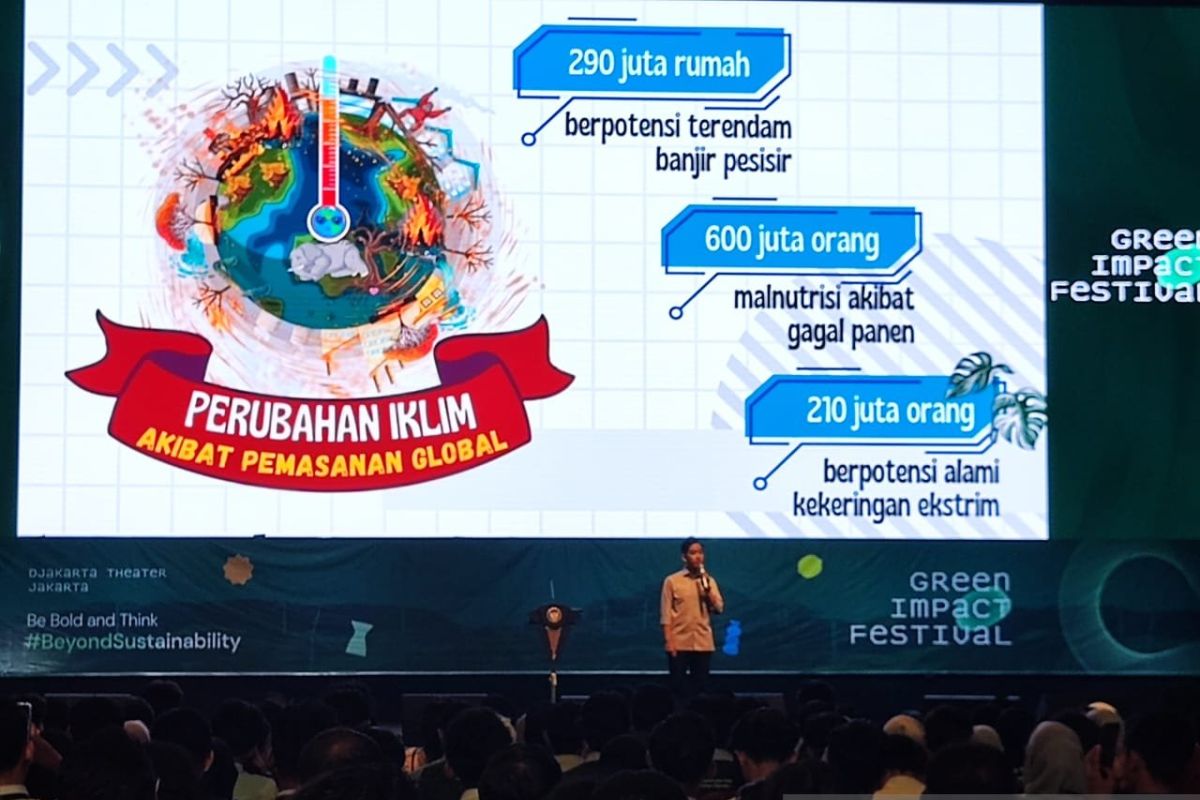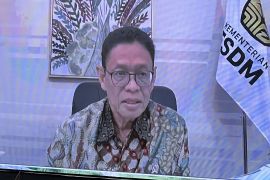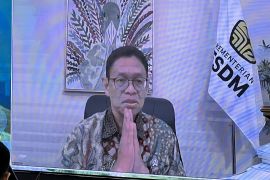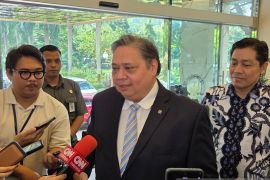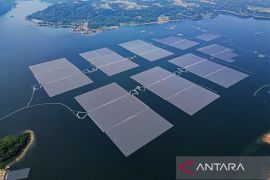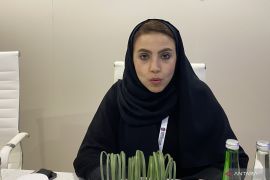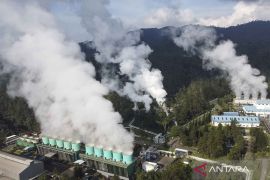At the Green Impact Festival in Jakarta on Thursday, with young people and environmental activists present, Raka stressed the importance of understanding the risks of the energy transition to prevent negative impacts on small communities and local industries.
"Let us look at this greenflation slide; it was a hot topic during the presidential debate. Some were confused, some underestimated it, and some said it was not important. This is very important, don't you agree?" he stated while recalling his time as one of the candidates who explicitly raised the issue of greenflation during the vice presidential debate.
The vice president noted that many developed countries are currently facing economic pressures due to a rushed energy transition. Those hasty steps have sparked social unrest as fuel, electricity, and gas prices have soared dramatically.
Related news: Indonesia eyes 2026 for B50 fuel launch
"If we look at large countries, I do not know, maybe they were too ambitious, too enthusiastic, and inflation occurred because the transition to green energy was too hasty," he explained.
Raka stated that Indonesia must avoid making the same mistakes. The government should continue to prioritize the principle of caution in shaping green energy policies to prevent burdening the lower classes.
"Therefore, going forward, we must be careful not to let the community, the common people, or small industries be impacted by things like this. Hence, for example, if in a country I do not need to name, there are demonstrations because of increases in fuel taxes, gas taxes, or electricity taxes; we do not want that to happen in our country," he stressed.
Furthermore, he emphasized that the direction of future development policies, including the energy transition program, must align with the principles of environmental, social, and economic sustainability.
"The president always conveys the message that every vision, mission, and program must be implemented with environmental, social, and sustainability aspects in mind," he remarked.
He explained that Indonesia has taken many concrete steps in developing green energy, starting with the 35 percent biodiesel (B35) program, progressing to the 40 percent biodiesel (B40) program, and aiming for the 50 percent biodiesel (B50) target, along with developing bioavtur from used cooking oil and building the floating solar power plant in Cirata, West Java, the largest in Southeast Asia.
Related news: Indonesia determined to reduce fuel imports: Prabowo
Translator: Andi Firdaus, Mentari Dwi Gayati, Martha Herlinawa
Editor: Rahmad Nasution
Copyright © ANTARA 2025
